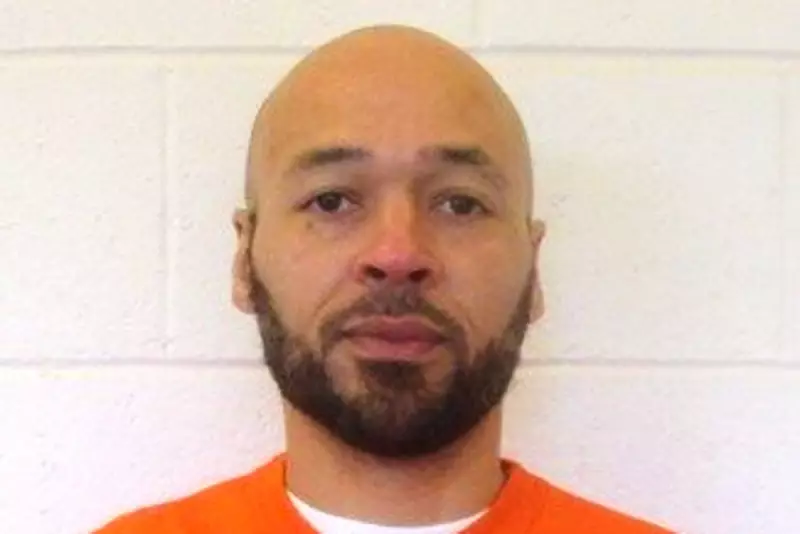
In a dramatic eleventh-hour decision, Oklahoma Governor Kevin Stitt has spared the life of a death row inmate who was moments away from execution by lethal injection.
The Governor's Clemency Decision
Governor Stitt formally granted clemency to Tremane Wood, a 46-year-old man who was scheduled to die for his involvement in the stabbing death of Ronnie Wipf during a failed robbery attempt in 2002. The Republican governor commuted Wood's sentence to life in prison without the possibility of parole, marking only the second time he has granted clemency during his nearly seven years in office.
The execution had been set for 10 a.m. on Thursday, 13 November 2025, when the governor's intervention occurred. Stitt, who is serving his second term and cannot seek re-election in 2026, had planned to meet with prosecutors, defence attorneys, and members of the victim's family before making his final determination.
Contested Guilt and Legal Appeals
Wood has consistently denied being the actual killer in the case that sent him to death row. The crime occurred on New Year's Day 2002 at a north Oklahoma City hotel, where Ronnie Wipf, a 19-year-old migrant farmworker from Montana, was stabbed to death during a botched robbery.
Wood's legal team has never disputed his participation in the robbery but maintains that his brother, Zjaiton Wood, was responsible for the fatal stabbing. Zjaiton Wood received a life sentence without parole and died in prison in 2019 after reportedly admitting to several people that he had killed Wipf, according to Tremane Wood's attorney, Amanda Bass Castro Alves.
Earlier on Thursday, the U.S. Supreme Court denied a request from Wood's attorneys to halt the execution. They had argued that trial prosecutors failed to properly disclose details of a plea agreement with a key witness during the original proceedings.
Conflicting Portraits of the Inmate
During his testimony last week before the state clemency panel, Wood accepted responsibility for his prison misconduct and his role in the robbery but reiterated that he did not kill Wipf. "I regret my role in everything that happened that night," he stated via video link from prison, adding, "I'm not a monster. I'm not a killer. I never was, and I never have been."
However, prosecutors painted a very different picture of Wood, describing him as a dangerous criminal who has continued gang activities and committed further offences while incarcerated. Attorney General Gentner Drummond alleged that Wood has been involved in buying and selling drugs, using contraband mobile phones, and ordering attacks on other prisoners. "Even within the confines of maximum security prison, Tremane Wood has continued to manipulate, exploit and harm others," Drummond stated.
The state panel had previously recommended that Wood's life be spared, creating the foundation for the governor's eventual clemency decision.
Broader Execution Context in the United States
Wood's scheduled execution was one of three set to occur this week across the United States. In Florida, Bryan Frederick Jennings was scheduled to die by lethal injection on Thursday, while in South Carolina, Stephen Bryant faced execution by firing squad on Friday.
According to the Death Penalty Information Center, 41 people have died by court-ordered execution so far this year in the U.S., with at least 18 individuals, including Wood, Jennings, and Bryant, scheduled for execution during the remainder of 2025 and into the next year.
The case highlights ongoing debates about capital punishment in the United States, particularly regarding questions of actual guilt, the finality of execution, and the use of clemency power by state governors.





